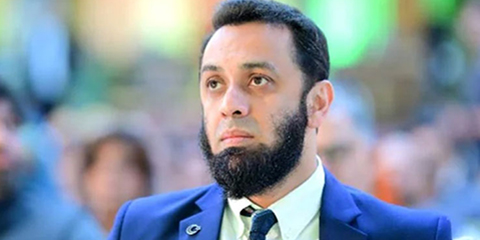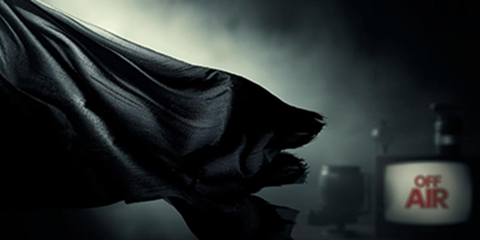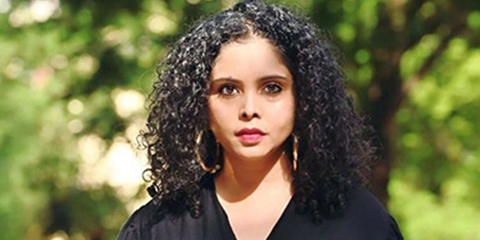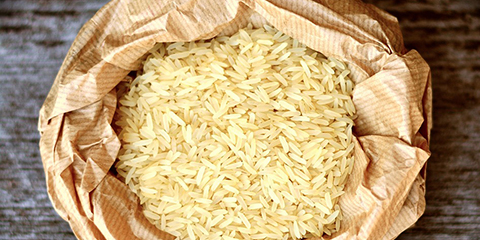Brother admits 'honor killing' of social media star
JournalismPakistan.com |
Published 9 years ago
Join our WhatsApp channel

KARACHI/ISLAMABAD - The brother of Qandeel Baloch, whose risqué social media posts both titillated and appalled conservative Pakistan, on Sunday admitted to strangling her in a crime that reignited debate about so-called "honor killings" in the South Asian nation.
Muhammad Waseem said he gave a "tablet" to Baloch to subdue her and then strangled her in their family home over the weekend. "I have no regrets," he told journalists in a press conference arranged by the police early on Sunday.
The killing sent shockwaves across Pakistan and triggered an outpouring of grief on social media for Baloch, whose real name was Fauzia Azeem.
In Facebook posts, Baloch, 26, spoke of trying to change "the typical orthodox mindset" of people in Pakistan. She faced frequent misogynist abuse and death threats but continued to post provocative pictures and videos.
"As per our initial investigation 'honor' is the motive of murder," said Azhar Ikram, the police chief in Multan, where Baloch was killed.
More than 500 people - almost all women - die in Pakistan each year in such killings, usually carried out by members of the victim's family meting out punishment for bringing "shame" on the community.
Waseem said he killed his sister due to her social media activities, which included a series of posts with a prominent Muslim cleric, Abdul Qavi. One video shows her sitting on the cleric's lap.
Qavi, who was suspended from a prominent Muslim council in the controversy following the posts, told local media after Baloch's death he had "forgiven her" and the matter was now in God's hands.
After Baloch's death, many Pakistanis again called for the passage of an anti-honor killing law, aimed a closing a loophole that allows family members to forgive the killers.
"The death of Qandeel Baloch conveys an insidious message: that women will be kept back at all cost; murdered, if they dare nurture ambitions to break the glass ceiling," the English daily Dawn newspaper wrote in an editorial on Sunday.
"Her murder...must serve as an impetus for legislators to renew demands for legislation to protect women who are threatened under false notions of ‘honor'."
Baloch, who called herself a modern day feminist, was described as Pakistan's Kim Kardashian and built a modeling career on the back of her social media fame.
"As women we must stand up for ourselves. As women, we must stand up for each other," she told her 758,000 followers on Facebook, days before her death.
Earlier this year Baloch offered to strip if the wildly popular Pakistani cricket team beat arch-rival India.
She also appeared in a music video, gyrating bare legged to an Urdu-language song in high-heels and a see-through top.
Prior to her death Baloch spoke of worries about her safety and had appealed to the interior ministry to provide her with security for protection. No help was provided and the interior ministry has not commented on her death.
On social media, some celebrated her killing as she had been a "disgrace" to Pakistan's culture.
But many grieved her death, saying she had helped the cause of women in a society where they are often banned from working or even appearing in public in ultra-conservative areas.
"There are far too many people who only know how to respond with violence here," Meesha Shafi, a Pakistani model and actress, said on Twitter. - Reuters
Explore Further
Why only Nukta, Mr. Minister? Media workers question government's selective support
November 06, 2025:
Information Minister Attaullah Tarar’s job offer to Nukta staff draws criticism as hundreds of journalists across Pakistan face layoffs, salary delays, and job insecurity.
Information Minister Tarar announces jobs for all 37 laid-off Nukta employees
November 06, 2025:
Information Minister Attaullah Tarar announces jobs for 37 laid-off Nukta employees, saying they will be placed at digital platforms within 48 hours amid growing media uncertainty.
Faisal Chaudhry’s viral one-liner on G for Gharidah steals the show
November 05, 2025:
PTI’s Faisal Chaudhry’s witty reply to Gharidah Farooqi on GTV’s “G for Gharidah” goes viral as a clip from their debate over the 27th Amendment sparks reactions online.
A digital dream falters: Nukta cuts 37 jobs in Pakistan after only one year
November 05, 2025:
Digital platform Nukta lays off 37 employees in Pakistan, including journalists and producers, highlighting the financial struggles facing new media ventures in a shrinking job market.
Talat Hussain says offensive viral clip was edited out, not aired on Samaa TV
November 04, 2025:
Talat Hussain denies airing the viral clip showing Sher Afzal Marwat’s vulgar remark, saying it was not part of his Samaa TV show.
PFUJ recalls November 3, 2007 emergency as Pakistan’s darkest day
November 03, 2025:
PFUJ recalls November 3, 2007, as Pakistan’s darkest day under Musharraf, urging protection for journalists and the abolition of laws threatening press freedom.
PFUJ calls for end to Impunity for Crimes Against Journalists
November 02, 2025:
PFUJ urges Pakistan’s federal and provincial governments to end Impunity for Crimes Against Journalists and ensure their safety and press freedom.
Global impunity for journalist murders worsens as Pakistan sees 60 percent rise in attacks
November 02, 2025:
Impunity for crimes against journalists deepens worldwide as Pakistan reports a 60 percent surge in attacks and weak enforcement of safety laws.
















